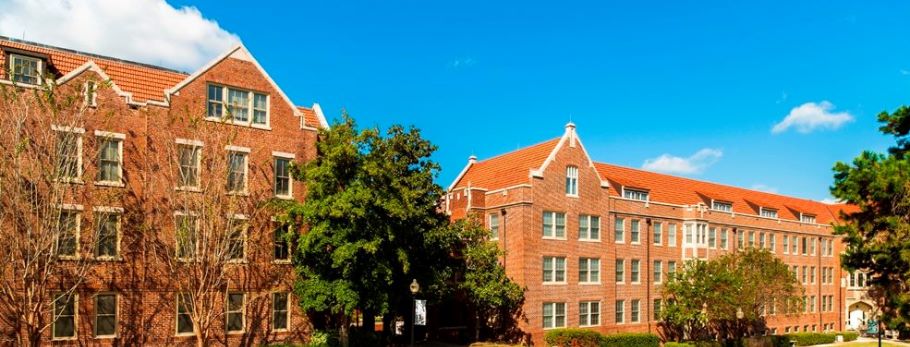
University accommodation explained, including halls of residence and private halls
Guest blog by Jenny Shaw, Head of HE Engagement and Student Services, Unite Students
Where am I going to live is a crucial question for students going off to university for the first time. Accommodation is the second biggest cost to students after their tuition fees. Choosing the right accommodation can help set up a good university experience and academic success.
For some students, especially those on tight budgets, staying at home and commuting in to university will be a good choice. Many universities and students’ unions organise events to help these ’home students’ make new friends as quickly as possible.
For those who want to live away from home
Student halls are the most popular choice. In our recent survey of almost 3000 university applicants, more than 90% said they wanted to live in student halls because it would help them meet other students. When we asked current students about their accommodation, many of them said they were surprised how easy it was to make close, supportive friends in halls.
Student halls have changed a lot over the last 20 years. The majority are now self-catering, ensuite rooms in flats with a shared kitchen and living space. Many are run directly by universities and others by private companies working closely with universities. It isn’t unusual for universities to include private halls as part of their standard accommodation offer for first years. Private halls can also be booked directly by individual students or groups of friends who want to share a flat.
A place in student halls costs an average of £134 per week, which can rise to over £200 in London. There is variation in price across the country and within each city, so it is worth shopping around. It is also important to understand what is included in the rent. This can be all bills and Wi-Fi, 24-hour security, friendly teams in the buildings to help the students and regular cleaning of communal areas. Renting a private house is often cheaper but students then have to add the cost of bills and manage dividing them up and paying them.
And of course it is not all about price
The experience of living in halls is so central to university life that prospective students need to think about what’s important to them and how they want to live. Are they looking for peace and quiet, or do they want things to be a bit livelier? Do they want to take part in organised events? Some halls will organise social and sports events and even trips or volunteering opportunities.
Speaking to the halls’ teams can help students match their accommodation to their preferences. For prospective students who already have friends going to the same university, renting a house or flat together might be a good option – though most halls allow you to choose to live in a flat with your friends as well.
For all students moving away from home, it is important that they are aware of their rights as tenants. Student halls should be signed up to one of the National Codes which are stringently regulated. Private houses for students can sometimes be part of accredited schemes through the university or council, and the university accommodation office will be able to advise. Finally, prospective students should visit the accommodation if at all possible before signing a contract – and of course always read the contract!
Get email alerts when new blogs are posted
This free newsletter will include information on university events added to UniTasterDays, as well as details about new webinars and blog releases for you and your students.




